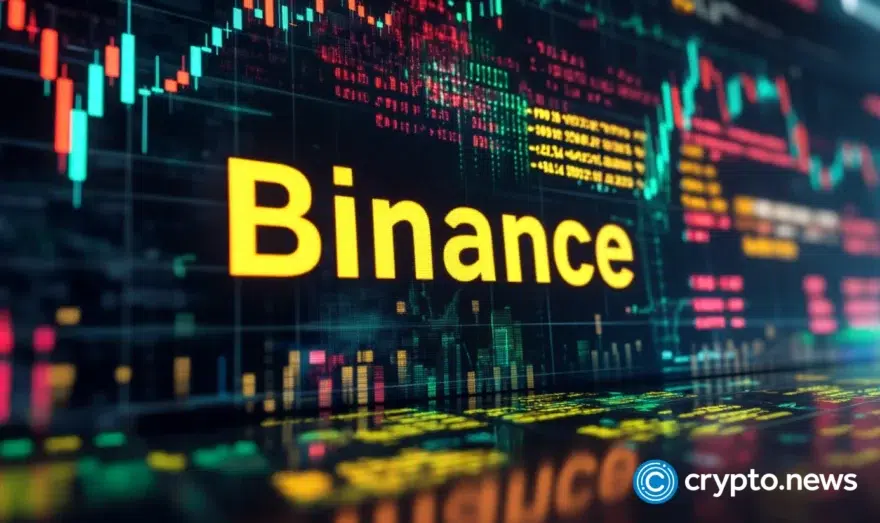Binance executive denies Nigerian money laundering charges

Nigerian authorities arraigned Binance executive Tigran Gambaryan before an Abuja High Court on April 8, where the employee denied allegations and applied for bail.
The senior Binance U.S. executive pleaded not guilty to money laundering charges before a Nigerian Federal High Court in the country’s capital as the government began its case against the cryptocurrency exchange.
Gambaryan’s lawyer argued his client should not be held liable for the actions of Binance Holdings Limited, claiming that prosecutors failed to serve the company properly. On April 3, the crypto firm also “respectfully requested” Gambaryan’s release, stressing that he boasted no decision-making position at the firm.
However, attorneys for Nigeria’s Economic and Financial Crimes Commission (EFCC) said constitutional provisions allowed the prosecution of company executives. Justice Emeka Nwite ruled that federal prosecutors were in line with legal conduct and noted that a magistrate court dismissed previous objections to the case.
Following the ruling, Gambaryan was remanded to the Kuje correctional center while the court adjourned until April 18 to decide on his bail request. According to local media Punch, the trial will resume on May 2.
40 days in Nigeria for Binance execs
Gambaryan has spent over a month in Nigerian custody after he and a fellow Binance executive, Nadeem Anjarwalla, were arrested in late February. Law enforcement detained the duo after government agencies announced a crackdown on the crypto firm for money laundering, tax evasion, and foreign exchange rate manipulation.
Allegations that Binance allowed users to tamper with forex rates seem to have subsided, but Nigerian officials proceeded with other charges. While negotiations continued, Anjarwalla skipped detention and fled the country.
As crypto.news reported, Interpol was engaged over an international arrest warrant for the Binance employee. The company declared its cooperation with local enforcement agencies and has since ceased naira services, including its P2P rail.

















